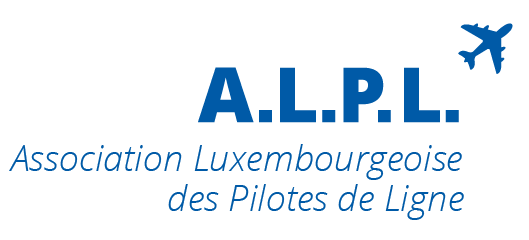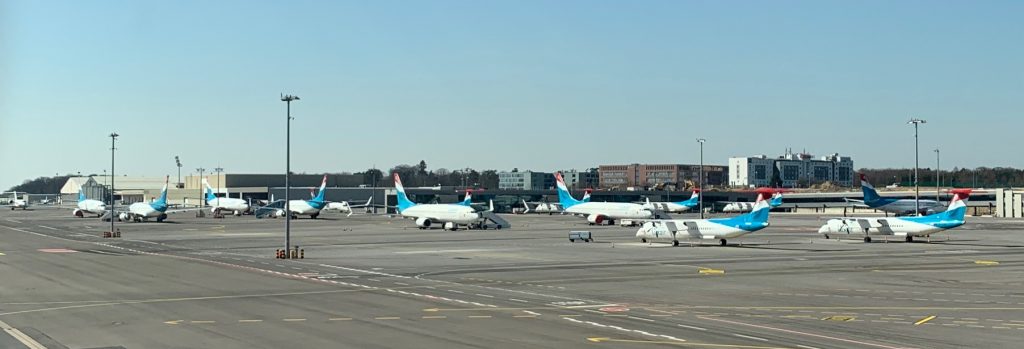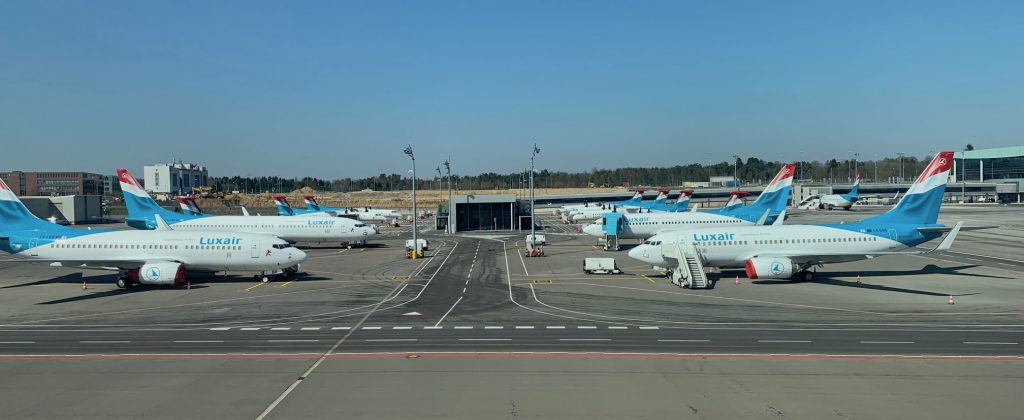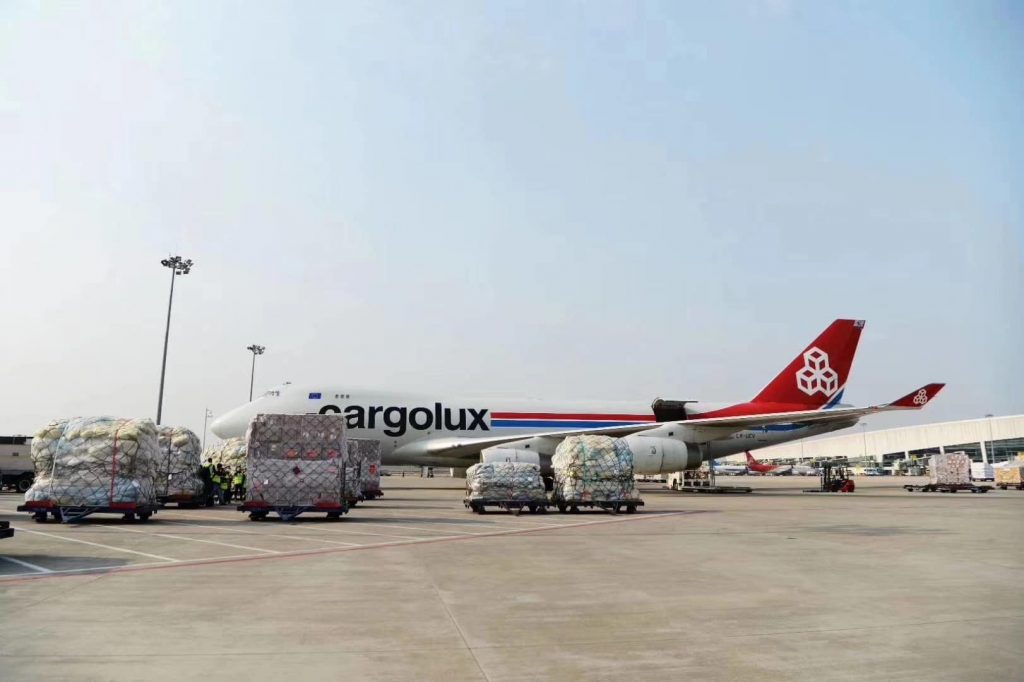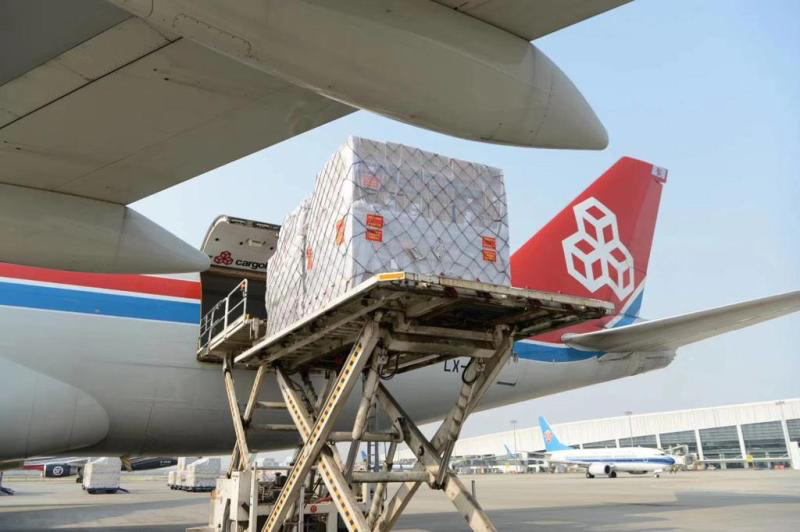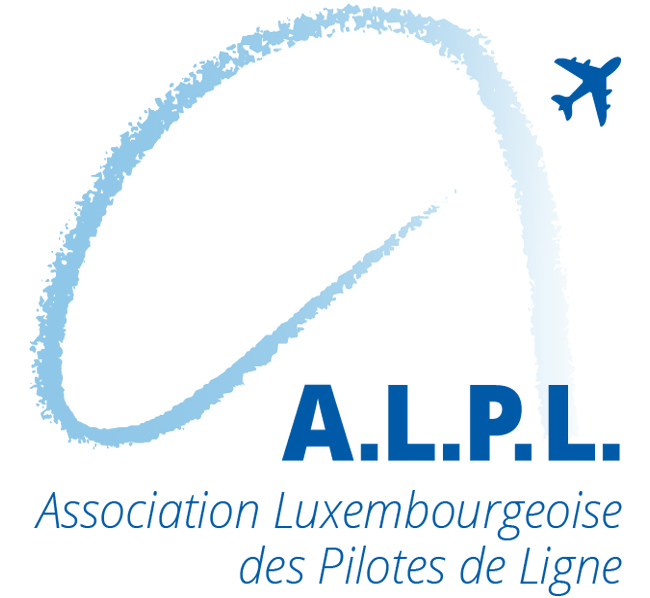Unfortunately, this is not going to be a neat editorial with a thoughtful message, or a well-structured narrative and a satisfying ending.
As I write this, the World Health Organisation has just declared the Coronavirus outbreak and spread of Covid-19 a pandemic, and all of our plans, expectations, and usual assumptions are being tossed in the bin.
It is foremost a public health emergency, but the effect of the virus, and the measures needed to try and mitigate its spread, are an economic emergency too.
For the airline industry, we find ourselves at the forefront of both – as a scrutinised potential vector for transmission, and at the leading edge of the wave of economic damage surging forward.
Given that the virus is spread by social contact and gathering, with ‘social distancing’ and personal isolation the main measures to prevent spread, the airline industry is uniquely vulnerable.
We are an industry built upon enabling social ties between friends, family and business, and conducted through places where large numbers of people gather from all over the world (airports), where personal service is provided in enclosed spaces with many hundreds of people. Mandated social distancing and isolation cuts through this ‘raison d’être’ like a knife through butter.
And that is before the fear factor associated with being a potential transmission route, though paradoxically an airliner is a really good place to avoid actually catching it. Unlike an office or meeting room, a bus or a train, it receives a constant fresh supply of dried and sterilised air, that is scrubbed and filtered multiple times as it passes through the cabin from ceiling to floor, before being flushed overboard and replaced every few minutes. The cabin gets cleaned not just once a day, but on every single turnaround, before every time somebody new sits down. Not such a bad environment from a Covid perspective at least.
Any sector of the economy that is there to either enable or provide social connections, or which requires social connection processes to operate and function, is now in serious trouble, but the airline industry is almost certainly first in the firing line.
Make no mistake, this crisis is going to be grim. It is neither a Gulf war nor SARS, not September the 11th, or the 2008 financial crisis, but all of them. It is global rather than localised, it is going to last months as a minimum.
People have simply stopped flying.
At the time of writing Italy is in lockdown, and Europe and the US are a matter of weeks behind it on an epidemic curve that they follow inexorably. It cannot be excluded that the severe reduction in flying will be enforced rather than voluntary in the not too distant future.
So, what will happen to airlines?
The short answer is that a lot are likely to go bust.
Some observers appear to be thinking fairly short term and somehow hoping that airlines will muddle through, but I believe this is a failure of imagination.
Modelling of the outbreak suggests that in Europe it will rise for a few months, peak, and gradually reduce. If managed well, significant cases may dwindle just after summer (though this is not a given). Unfortunately many airlines make most of their money over the summer, and only break even or lose money in the off season, so for some it is not a case of making it through to the end of this outbreak, to go cash positive again they may need to stretch through to the beginning of summer 2021. That is a tall order, to put it mildly.
So, the game for airlines now is one of survival, and in some ways a simple mathematical task. Whatever cash pile (plus any other liquidity, available loans, re-purposed profits such as unissued dividends, etc) they have now is all they are going to get. They need to still have a small fraction of that left when the upswing comes and people decide to travel again, and they can once again generate more cash than they spend. Whatever it takes to stretch that cash pile from now to then, is what they have to do to survive. Many simply won’t be able to do that, and they will go under (or maybe in some more socially minded countries get nationalised).
I appreciate this is a fairly negative analysis (and if it turns out this all goes away in a few weeks and amounts to nothing, I will gladly eat my words and buy you a celebratory beer when you show this editorial to me in the future), but that does not mean there’s nothing we can do. With ‘normal’ tossed in the bin, now is the time to ask what the point of the enterprises known as airlines really is?
Does society permit them to exist, with all the expensive necessary infrastructure and regulation, just to generate ungodly bonuses for a tiny number of directors and returns for owners and shareholders? Or do we recognise that these companies have far more value to society as the skeleton on which much of the rest of the economy hangs? As the enabler for that personal social fabric and face to face contact that we are about to realise we take for granted and value above a great many things? Are we about to be reminded that there is more value in a complex enterprise like an airline in the fact that it provides high quality jobs and income to a great many people working inside and around an aircraft, an airport and in the wider economy?
I hope so. And I hope our pilot associations and unions manage to carry that message firmly into the headquarters of airlines in Europe and beyond. This is not the time to think about profits, or shareholder return – that will come later. This is the time to use that cash pile to preserve jobs, livelihoods, families and homes. Not least to fulfil their role in society for all the other people whose livelihoods are dependent on airline employees. This is an imperative in all sectors of the economy, but if airline managers don’t get this and act accordingly, they will see their carriers be the first domino in the economy to fall and start the cascade through other sectors.
Employees, including pilots, have to contribute to this survival of course – that cash pile needs to stretch far enough, whatever it takes, if jobs are to be there on the other side. But we have to, collectively – management and workforce – honestly see what changes we need to make it to the other side, not what one side wants. That cash needs to be deployed solely so that our businesses, and that is to say the people and jobs that make them up, are still there when this crisis abates. This crisis will only be successfully managed in a socially responsible manner.
Those that do survive and can then turn on the taps with availability and good will from their workforce, will ‘clean up’ when the upswing comes. Big time. People will be desperate to holiday and meet after being so restricted, businesses will want to burst out of the bubble-wrap and make up for the time and money they’ve lost. Without established competitors able to bring in capacity with volume, the prize is a vastly increased market share and profits for surviving airlines in a brave new world.
The airline industry that emerges from this crisis, will not look like the one that went into it.
A change is indeed gonna come. Grit your teeth and hang onto your hats.
Capt. Jon Horne, ECA President

